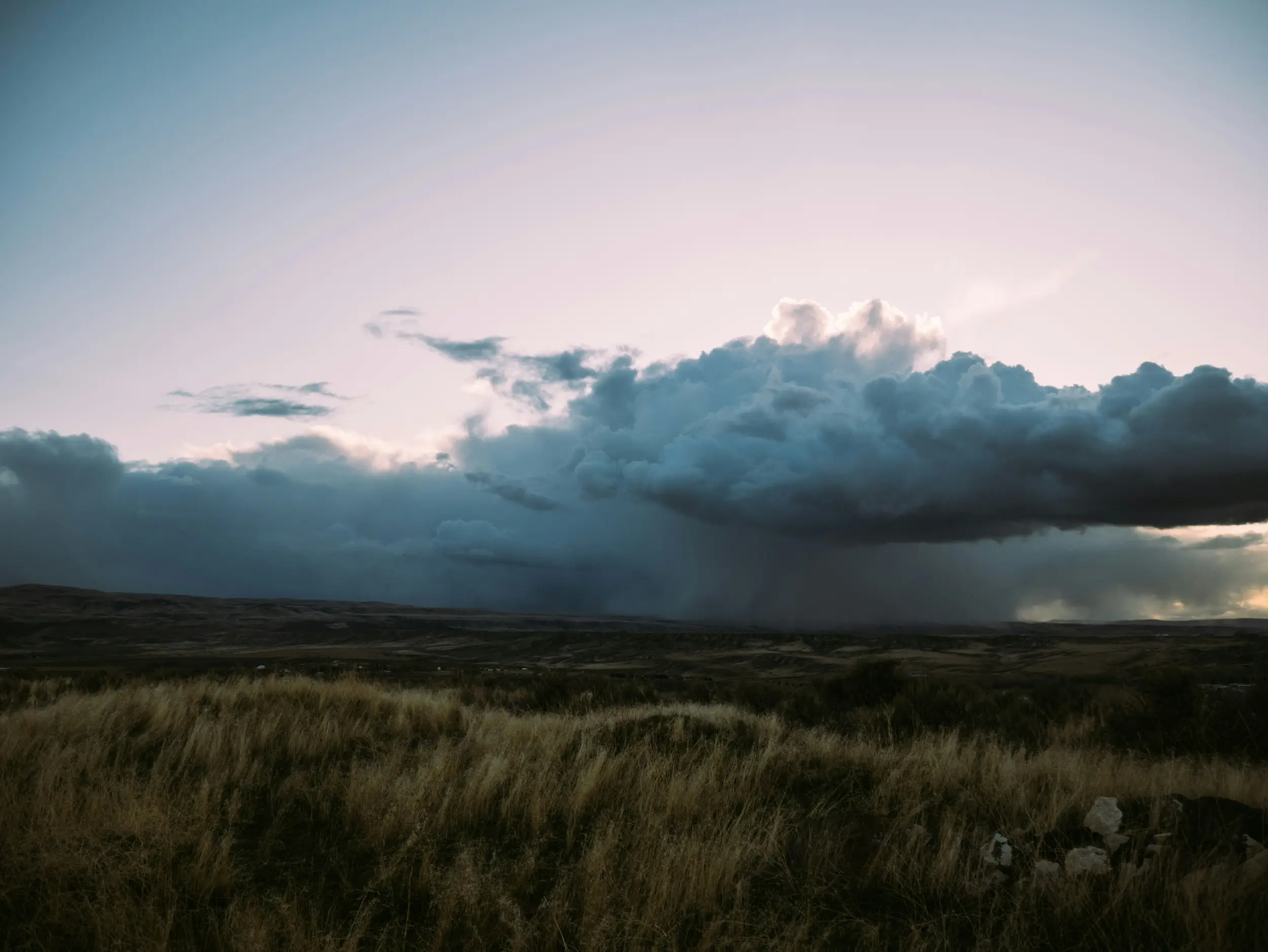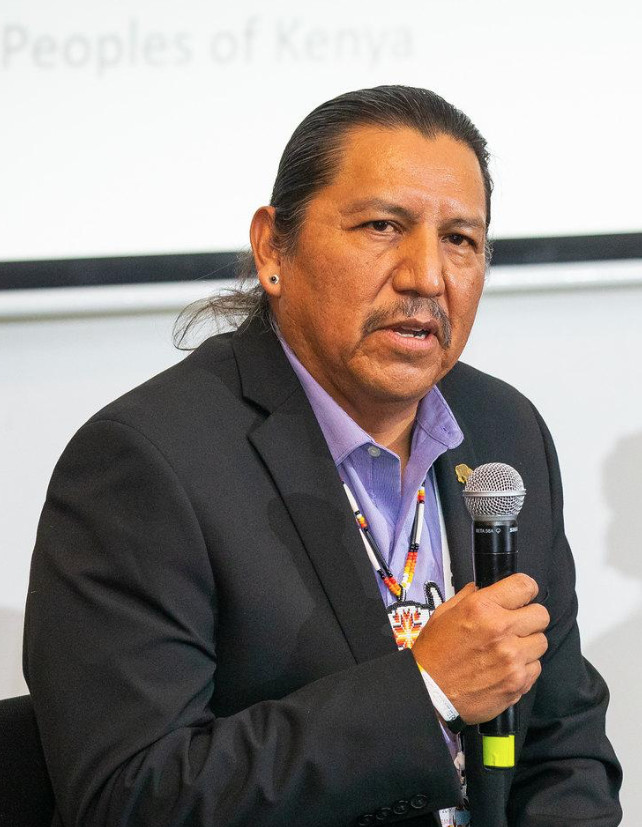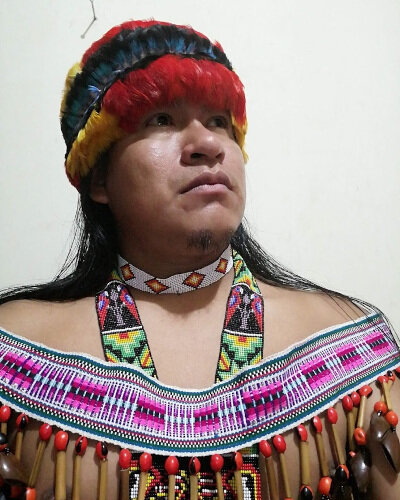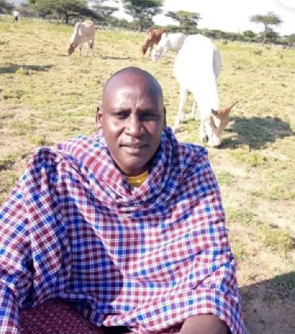

GEO Indigenous Alliance
Concept
The establishment of the GEO Indigenous Alliance (GEO-IA) in 2019 stems from the urgent need to recognize and address the historical marginalization and exclusion of Indigenous Peoples in the development and use of geospatial data and Earth observation initiatives. Indigenous Peoples, with their deep connections to land, ecosystems, and traditional knowledge, offer unique insights and perspectives that are essential for understanding and sustainably managing the Earth’s resources.
For centuries, Indigenous Peoples have been stewards of their ancestral lands and have a deep understanding of their environment. However, as the space sector and Earth observation technologies have evolved, the meaningful participation and inclusion of Indigenous Peoples have often been neglected, resulting in a significant information gap and lack of cultural sensitivity in data collection, analysis, and decision-making processes.
Recognizing the importance of rectifying this historical injustice and promoting meaningful collaboration, the GEO Indigenous Alliance was established by Indigenous leaders as an essential platform. Its creation acknowledges the urgency of honoring the rights, knowledge systems, and perspectives of Indigenous Peoples as key stakeholders in global efforts to understand, manage, and protect our planet.
GEO-IA recognizes that the active participation of Indigenous Peoples is not only a matter of inclusion but a necessity for finding comprehensive and effective solutions to the world’s environmental challenges. Indigenous Peoples’ knowledge, passed down through generations, encompasses a holistic understanding of ecosystems, climate patterns, biodiversity, and sustainable resource management. By integrating this valuable knowledge with modern Earth observation technologies, we can enhance our collective understanding of the Earth’s systems and develop more sustainable and equitable solutions. By leveraging Indigenous knowledge and expertise, GEO-IA contributes to a more inclusive, equitable, and sustainable approach to Earth observation initiatives that benefit Indigenous communities, the scientific community, and global efforts to harmoniously coexist with our planet.
As a candidate for the Convenor role within the GEO community, GEO-IA seeks to foster meaningful engagement with Indigenous Peoples and their communities while bridging relationships with GEO partners and the space sector. This culturally qualified group of spatial experts will assist GEO’s programs by ensuring cultural balance and respect throughout the engagement and outcome process. One of the primary goals of GEO-IA is to assist the GEO community in fulfilling its obligations under the United Nations Declaration on the Rights of Indigenous Peoples. This declaration recognizes the rights and inherent sovereignty of Indigenous Peoples and emphasizes the importance of their participation and involvement in decision-making processes that affect their lands, territories, and resources.
By utilizing GEO-IA as a Convenor within the GEO community, GEO will pragmatically fulfill its obligations under the UN Declaration on the Rights of Indigenous Peoples and actively promote Indigenous participation and the utilization of Earth observation data.
Objectives
GEO-IA aims to:
- Provide a qualified, trusted, two-way conduit between the key global Indigenous partners and the GEO community.
- Establish a collaborative and supportive global network of Indigenous and non-Indigenous leaders who will advocate for the Indigenous participation and the utilization of Earth observation data.
- Promote access to and use of Earth observation data and tools to assist decision-making by Indigenous communities.
- Support Indigenous and underrepresented communities in accessing and co-developing the suite of Earth observation tools within the cultural context of their lands.
- Acknowledge the benefits for all parties to learn from the inclusion of and lessons learned by Indigenous populations.
- Advocate for policies and practices that recognize and respect the rights and knowledge of Indigenous peoples in accessing and using Earth observation data.
- Facilitate the exchange of knowledge, experiences, and best practices among Indigenous peoples, Earth observation experts, and other stakeholders on the use of Earth observation data by Indigenous peoples.
Points of Contact




